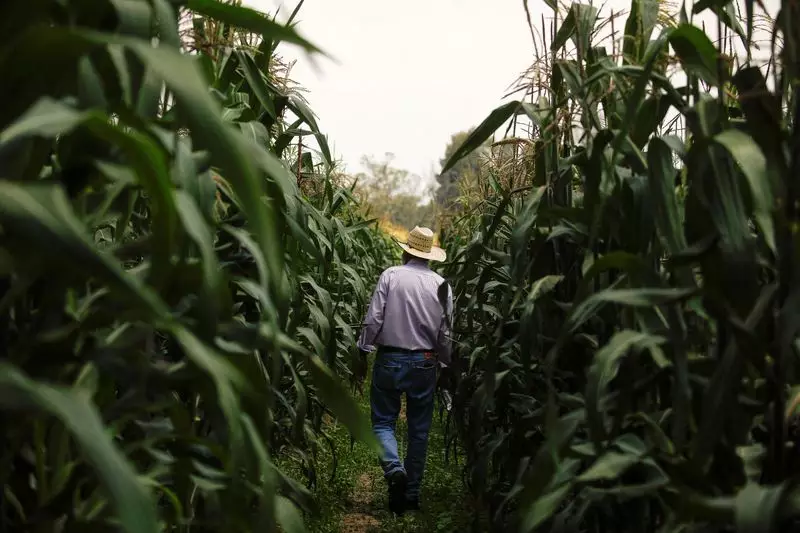In a bold declaration that has sent ripples across both domestic and international agricultural communities, Mexican President Claudia Sheinbaum has signaled her intent to push for a legislative ban on genetically modified (GM) corn. This decision follows a ruling from a trade-dispute panel that deemed Mexico’s restrictions on GM corn imports as a violation of the United States-Mexico-Canada Agreement (USMCA). The conflicting perspectives on genetic modification and its implications for agriculture highlight a deeply rooted tension between preserving traditional practices and engaging in global trade.
President Sheinbaum expressed a strong belief that Mexico’s Congress, which is under the influence of her ruling party, will soon pass legislation prohibiting the cultivation of genetically modified corn. During a recent public event, she emphasized the importance of safeguarding Mexico’s biodiversity, asserting, “Without corn, there is no country.” This statement resonates with the cultural significance of corn in Mexico, which has served as a staple food for millennia and holds historical importance as the birthplace of this vital crop.
However, Sheinbaum’s confidence in Congressional support raises questions about the potential repercussions of such a ban. While it may bolster supplies of non-GM corn domestically, it does not guarantee that imports of GM varieties will cease. The intricacies of agricultural markets mean that producers might still rely heavily on imported GM corn, particularly as Mexico grapples with high demands in both human consumption and animal feed.
The tension escalated following the U.S. government’s invocation of a dispute resolution mechanism related to Mexico’s February 2023 decree that prohibited the use of GM corn for tortillas, a staple in Mexican cuisine. This restriction, which aimed to find alternatives in industrial production, has been met with resistance from U.S. agricultural interests, highlighting a broader conflict between differing agricultural practices and regulatory environments.
From an ecological standpoint, the ban reflects growing concerns among Mexican policymakers regarding the potential for genetically modified crops to contaminate indigenous corn varieties. The genetic manipulation often aims to enhance traits such as disease resistance but comes with apprehensions about long-term safety for both human health and the environment. Critics suggest that despite widespread adoption of GM crops in nations like the United States, concrete evidence supporting their safety remains inconclusive.
The stakes are particularly high in a nation that is the largest foreign importer of yellow corn from the U.S., the majority of which is genetically modified. As the Mexican government anticipates record imports of 22.3 million metric tons for the 2023/24 crop season, the dichotomy between traditional agricultural practices and the necessities of a modern economy becomes glaringly evident.
Moving forward, Mexico faces a challenging balancing act between protecting its rich agricultural heritage and navigating the pressures of global trade agreements. The outcome will not only define the country’s agricultural future but also set a precedent for how nations can prioritize biodiversity while engaging in international markets. As President Sheinbaum pushes for stricter control of genetically modified crops, the world will be watching closely to see how this complex narrative unfolds.

